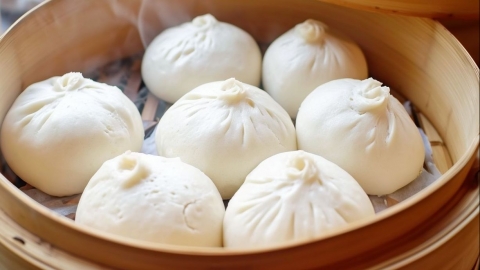Can patients with appendicitis eat soup dumplings (xiaolongbao)?
In general, patients with appendicitis can eat steamed pork buns (xiaolongbao), provided they do so in moderation. Detailed analysis is as follows:

During stable periods of appendicitis—such as after successful postoperative recovery or during non-acute phases—patients may consume xiaolongbao in moderate amounts. At this stage, gastrointestinal function is gradually recovering. Xiaolongbao contain flour and a small amount of meat, providing carbohydrates and protein to meet basic nutritional needs. It is advisable to choose buns with light fillings that are low in fat, to avoid excessive fat irritating the digestive tract. Limit intake to about 3–4 buns per serving, and pair them with mild vegetables to help maintain balanced nutrition and reduce digestive burden, minimizing adverse effects on the condition.
It is important to note that during acute flare-ups or before passing gas post-surgery, patients must not eat xiaolongbao. At these times, gastrointestinal function is weak, and consumption may easily lead to discomfort such as bloating or abdominal pain. When eating, chew slowly and thoroughly to avoid swallowing quickly, which increases gastrointestinal strain. If symptoms such as nausea, bloating, or dull abdominal pain occur after eating, stop consumption immediately. If symptoms persist, seek medical advice promptly to ensure dietary safety.








